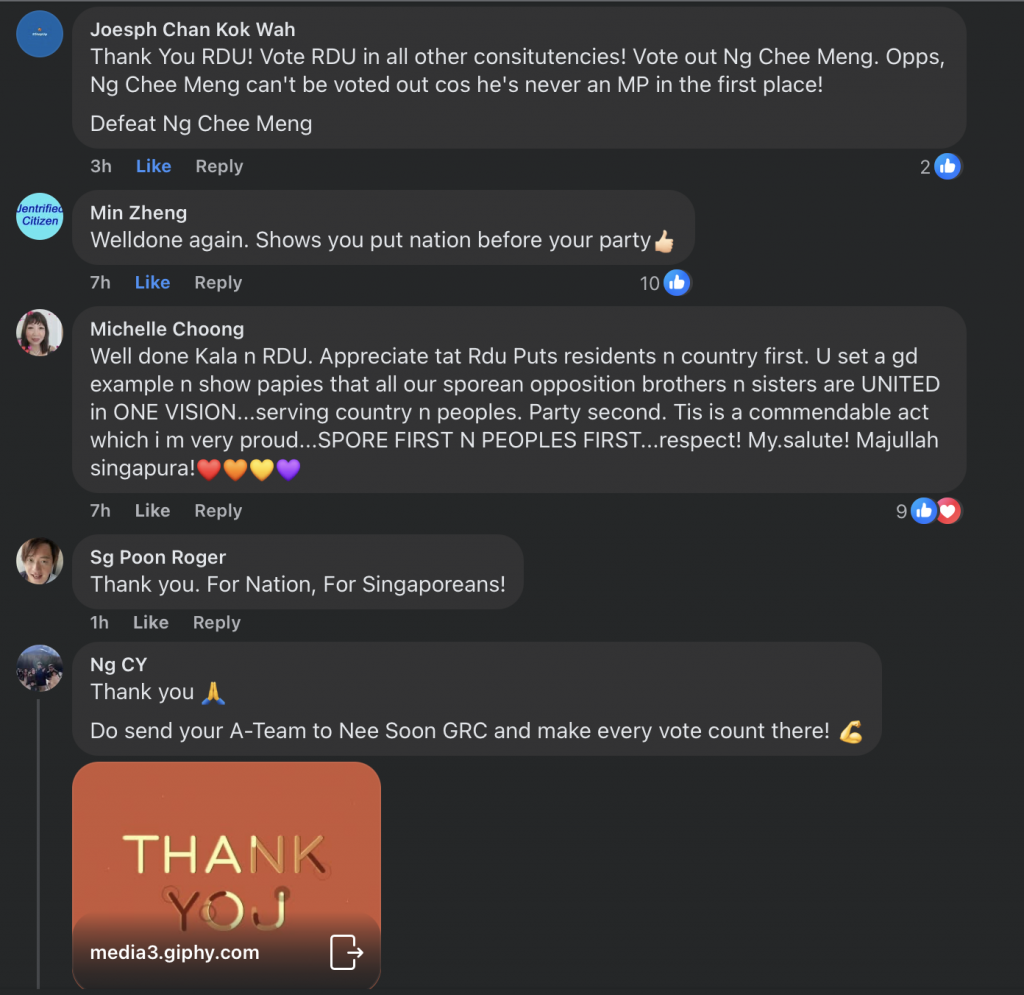SINGAPORE: Workers’ Party (WP) new face Andre Low has been confirmed as the party’s pick for Jalan Kayu Single Member Constituency (SMC). He may face a three-cornered contest against ex-Minister Ng Chee Meng and potential independent candidate Ooi Boon Ewe, an 83-year-old who has been spotted at the nomination centre for Jalan Kayu.
34-year-old Mr Low is a former disputes lawyer who worked under Davinder Singh at Drew & Napier. He has since moved to the tech field and is currently a staff product manager at a global fintech company.
Having joined the WP in 2020, his work as a Secretarial Assistant to Sengkang Member of Parliament (MP) Louis Chua during the Covid-19 pandemic prompted him to build an MPS solution that maintained residents’ lines to their MP, which is still being used today.
@thehammertok Get to know our people – Andre Low 刘宇扬 @Andre Low Instagram: https://www.instagram.com/andrelow.sg Facebook: https://www.facebook.com/lowwuyang Link to full YouTube video: https://youtu.be/aRRJuHEf1Ec Read his profile here: www.wp.sg/candidate/low-wu-yang-andre #wpsg #WorkingForSingapore #StepUp #GE2025
♬ original sound – The Workers’ Party 🔨 – The Workers’ Party 🔨
The primary contest at Jalan Kayu is expected to be between Mr Low and the People’s Action Party’s (PAP) Ng Chee Meng. Mr Ng has been the Secretary-General of the National Trades Union Congress since 2018 and is a one-time MP for Pasir Ris–Punggol GRC (2015 to 2020).
He had been part of the PAP slate that contested at Sengkang GRC in the last election, which narrowly lost to the WP.
The loss of the PAP’s slate at Sengkang had been a historic one, since the WP team was composed of relative newbies, as opposed to the ruling party, which had three political office holders. Importantly, it gave the opposition a second GRC for the first time, and helped propel Mr Singh into his position as Leader of the Opposition.
Over the past weeks, Mr Ng started making his presence felt at Jalan Kayu more and more. In a Facebook post on April 2, Mr Ng wrote, “Hello residents in Fernvale and Jalan Kayu! Over the past week, I’ve visited many of you, and thank you for the warm support and care. I’m happy that some of you reached out to me with work-related issues; rest assured, I will follow up on those. If you see me around the neighbourhood, please come and say hi! I’ll see you soon!”
He also thanked Ang Mo Kio MPs Gan Thiam Poh and Ng Ling Ling, as well as other volunteers in the area, who have been introducing him to Jalan Kayu residents.
Mr Ng was possibly expecting to face off against Red Dot United’s (RDU) Kala Manickam. Ms Kala had been active in the ward as RDU’s ground operations lead until the party announced this week that it is ceding the ward to the WP in the best interests of Singaporeans, after the latter made a request for Jalan Kayu.
Jalan Kayu is one of the five new SMCs announced last month when the Electoral Boundaries Review Committee (EBRC) released its report. The ERBC recommended reducing the size of Ang Mo Kio GRC, of which Jalan Kayu used to be part. Ang Mo Kio has the highest number of electors: 190,800. /TISG
Read also: WP introduces 4 more candidates for GE 2025; former IMH director makes the biggest splash











